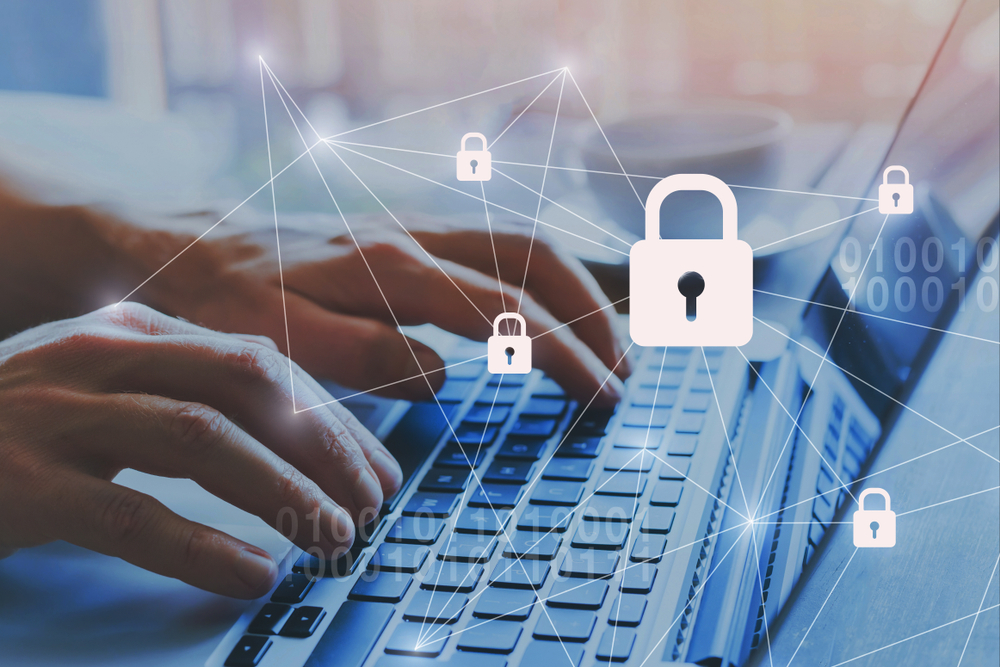
In the vast and complex world of legal proceedings, the trustworthiness of the information holds paramount importance. Court reporters play a significant role in maintaining this trust by ensuring accurate transcription of spoken words. Yet, accuracy alone is insufficient. Ensuring the data’s security and confidentiality remains equally, if not more, critical. In this piece, we explore the necessity of data security and privacy in the realm of court reporting.
The Heart of Legal Proceedings: Understanding Confidentiality
Defining confidentiality in legal terms
Confidentiality refers to the obligation to keep certain information private, sharing it only with those authorized to view it. In the context of legal proceedings, this could encompass testimonies, discussions, legal strategies, or any other sensitive data.
The consequences of breaching confidentiality
A breach of confidentiality in court reporting can have severe ramifications:
- Compromised Client Interests: Unauthorized access or leaks could affect the case’s outcome, potentially jeopardizing a client’s position.
- Damaged Reputations: The reputation of the attorneys, firms, or parties involved could suffer, leading to a loss of trust and future business.
- Legal Repercussions: The breach could lead to lawsuits, fines, or other legal penalties, depending on the information’s sensitivity and the breach’s nature.
The Modern Challenge: Ensuring Data Security in a Digital Age
Why digital security matters for court reporters
With the advent of technology, court reporting has evolved. Today’s reporters often use digital tools for transcription, storing, and sharing reports. While these tools offer convenience and efficiency, they also present new challenges in data security.
The threat landscape
- Cyberattacks: Malicious entities might try to hack into systems to gain unauthorized access to confidential data.
- Accidental Leaks: Human error, such as sending a transcript to the wrong recipient, poses an ever-present risk.
- Device Thefts: Physical theft of laptops or storage devices containing sensitive data could lead to breaches.
Data Security and Confidentiality: Best Practices for Court Reporters
Regular training
Court reporters should undergo regular training to stay updated on best practices in data security and confidentiality. This includes understanding new threats and how to counteract them.
Using secure platforms
When choosing transcription software or digital storage solutions, opting for platforms with robust security features is essential. This might include strong encryption, two-factor authentication, and regular security updates.
Limiting data access
Access to sensitive transcripts should be restricted. Only individuals directly involved in a case should be able to view its transcripts. Systems should be set up to grant permissions selectively.
Physical security measures
In addition to digital security, court reporters must ensure the physical safety of their devices. This includes storing devices securely and using locks or biometric access controls.
Regular backups
Data loss can happen for various reasons, from technical glitches to cyberattacks. Regular backups ensure that data can be quickly restored, minimizing disruptions.
Clear protocols for data breaches
In the unfortunate event of a data breach, clear protocols should be in place. This includes assessing the breach’s scope, notifying affected parties, and mitigating further damage.
Renzi Legal Resources: A Beacon of Trust in Court Reporting
At Renzi Legal Resources, we understand the profound significance of data security and confidentiality in court reporting. Our stringent measures and dedication to ongoing training ensure that every transcript remains secure, confidential, and trustworthy.
Conclusion: Upholding the Integrity of Court Reporting
In court reporting, data security and confidentiality are not optional extras but fundamental pillars. As the guardians of crucial information, court reporters have an unwavering responsibility to ensure that every piece of data remains safe from unauthorized access and breaches. By emphasizing and implementing robust security measures, court reporters protect sensitive data and uphold the legal system’s integrity.
Are you seeking a court reporting service that embodies the principles of data security and confidentiality? Look no further than Renzi Legal Resources. With our impeccable track record and commitment to data protection, you can trust us with your most sensitive legal transcripts. Contact us today to experience unparalleled security and confidentiality in court reporting.
